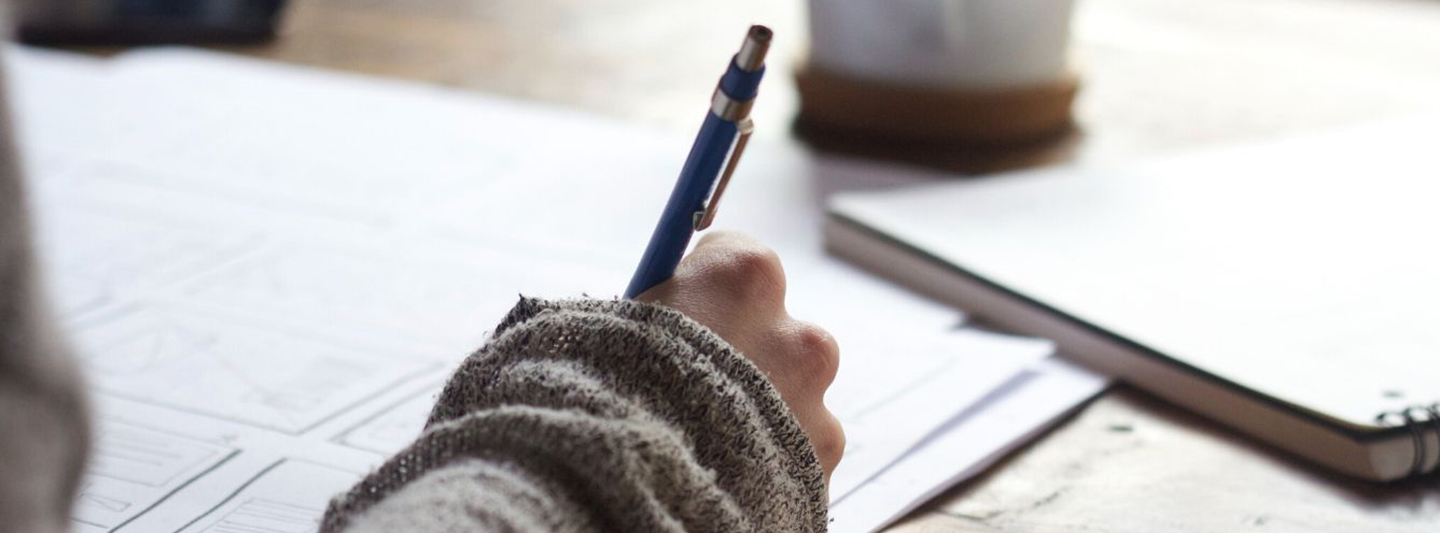If you’re reading this, you’re probably at a point in life where very little to nothing seems to be making sense - like you’ve lost yourself in your career, relationship, as a parent or in life as a whole. Remember that you’re not alone.
You’re also not doomed to be stuck in this state forever. You’re going to be able to get yourself out of this rut because you have the power to create a life that you love.
Here are 5 powerful ways to find yourself when you’re feeling lost.
Acceptance
The first thing you can do to help yourself is to accept how you are feeling. Know that all of the emotions you’re experiencing and going through are totally okay. In fact, sometimes feeling lost, alone and stuck is actually a good thing as it gives greater insight and ideas for an ideal future in ways that a chat with a friend or reading a self-help book ever could. In accepting what you’re going through, you should also wholeheartedly embrace whatever changes are going on in your life and allow yourself to go through the discomfort that these transitions are causing you. Do it because you have to strength and power to, and just because you can do it.
“Not until we are lost do we begin to understand ourselves.”
– Henry David Thoreau
Acknowledge your thoughts
Often when we are feeling lost, we don’t like to assess our thoughts on a deeper level. We try to push them aside, brush them under the rug and forget about them. Understandable. No one likes to face adversity and hardships. Doing just this, however, is what brings us absolutely nowhere and typically results in the endless cycle of remaining lost. In many circumstances, finding the courage to power through discomfort is the best way to grow, so rather than run away from your thoughts, pay attention to them.
Notice where your mind takes you, and observe the exact words and ideas that keep coming back. You’ll be surprised about what you can learn about yourself if you simply listen to and attend to your thoughts.
Journal
If and when you have full awareness of your thoughts, take some time to record them. This is particularly important when you’re at the peak of experiencing feelings of loneliness and lack of direction. When you’re not actively recording your thoughts and emotions, changes and improvements are not obvious as you improve. This is where journaling can really help.
Jotting down your thoughts and emotions on a consistent basis gives you a more visible record of how you viewed particular things at a certain point and how these views are changing over time. Not only is it inspiring to see for yourself the progress you’re making, but journaling also helps you further gain awareness about yourself and who you are. It can be a tool to discover the strength and resources you can make use of to manage and get through tough times.
Seek professional help
Don’t feel obligated to have to go through times on your own. Usually, it’s when you have such strong beliefs that you need to solve your problems alone or with the help of friends, that you’ll find yourself stuck in a vicious cycle. It’s okay to ask for help. Seeking professional help can open doors to new perspectives and equip you with the necessary life skills to manage future issues or problems in a more effective way. A professional can also give you feedback on destructive coping mechanisms you may be unconsciously utilizing. These destructive behaviours need to be highlighted to you so that you can consciously replace them with better mechanisms to get you back on track.
Take some time to retreat

It can often be difficult to find the time and space to do any of the above when you’re so caught up in the hustle and bustle of life. This is when giving yourself the chance to get away from your usual environment can present you the opportunity to provoke the mind, and reprogram it from autopilot to conscious living. When you vacate to retreat, you allow your headspace to shift to a whole new place - so you’ll find that things that typically worry you back at home are not constantly rushing through your head, so you can start to truly experience the seeking of direction. Retreats will also help you find the confidence and clarity that you need to move forward towards a life that you can love wholly again.
Need help on your journey to finding yourself again? Contact Beata or book a session with her here.
Contributor:

Beata is an ex-athlete, psychologist and life coach working with individuals and corporates. Known as a confidence expert, she is probably the most energetic psychologist you will meet.
A mental wellness advocate, she takes life with its ups and downs, making psychology practical in managing life’s challenges.
Beata specialises in facilitating lasting change as she works with men and women who are ready to improve their health, increase energy levels, shed self-limiting behaviours, and cultivate positive habits.



